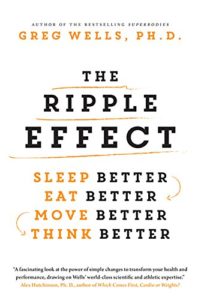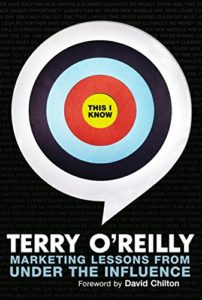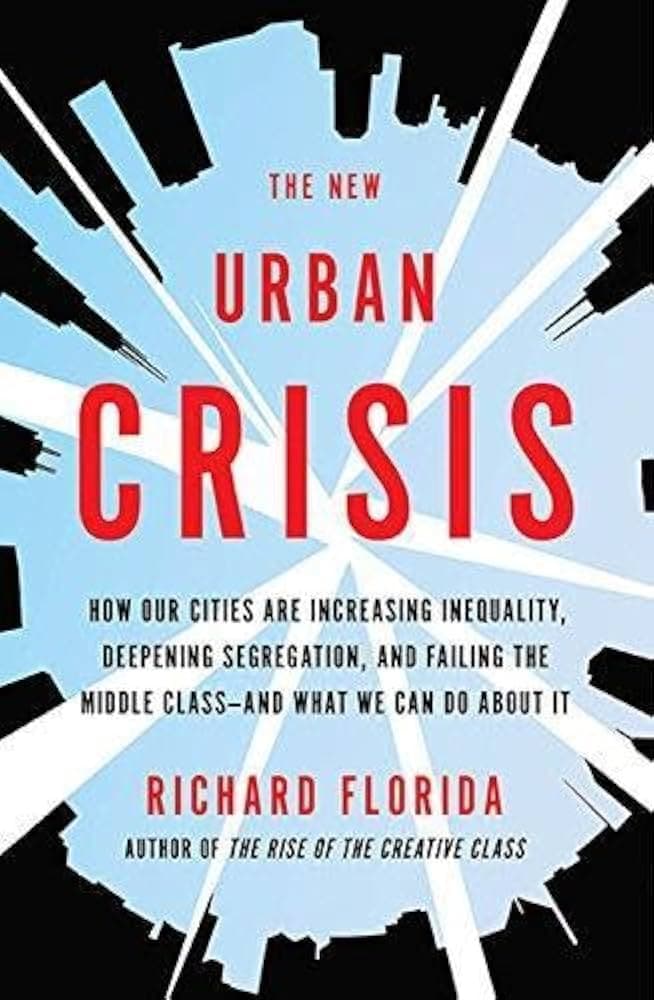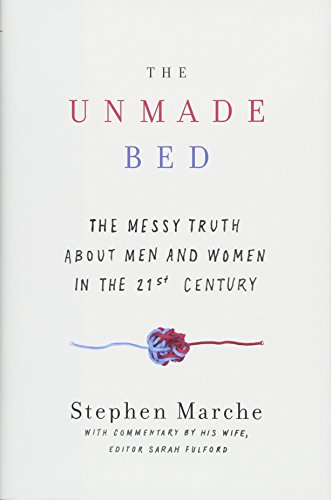New Reads | Spring/Summer 2017
As the weather warms, spring and summer reading season nears. This year, there are a plethora of much-anticipated books on a litany of topics. Here are excerpts and more information on some of the most-talked-about releases*:

Health
 André Picard | Matters of Life and Death: Public Health Issues in Canada
André Picard | Matters of Life and Death: Public Health Issues in Canada
The topic of health touches on the heart of society, intersecting with many aspects of private and public life—human rights, aging, political debate, economics and death. With his reporting, Picard demonstrates the connection between physical health and the health of society as a whole, provides the facts to help readers make knowledgeable health choices, and acts as a devoted advocate for those whose circumstances bar them from receiving the care they need.
Providing an antidote to widespread fear-mongering and misinformation, Matters of Life and Death is essential reading for anyone with an investment in public health topics—in other words, everyone.
Listen to André discussing the book on CBC’s The Current
Request more information on André Picard for your event here.
Non-Fiction, Released: April 29, 2017
Publisher: Douglas & McIntyre
If you’re in the Vancouver area, be sure to check out André Picard’s official book launch event happening May 25th from 08:00-10:00AM at UBC Robson Square. More information & RSVP click here.
Health & Performance
 Dr. Greg Wells | The Ripple Effect: Sleep Better, Eat Better, Move Better, Think Better
Dr. Greg Wells | The Ripple Effect: Sleep Better, Eat Better, Move Better, Think Better
Sleep better and you’ll eat better. Eat better and you’ll move more. And if you move more, you’ll sleep better and ultimately think and feel better. This is the ripple effect of good health and high performance, and it’s also why you don’t have to make major changes or sacrifices in your life: with an improvement of just 1% in your sleeping, eating, exercising, or thinking habits, you can see dramatic results. With Dr. Greg Wells’ easy-to-follow strategies and tips, you can harness the power of the ripple effect and start living better—not just for a few weeks or months, but for life.
Dr. Wells on the biggest impediment to get people to embrace the rudiments of healthier living:
“For each person, it’s different. For some, it’s fear or lack of confidence. But for me, it’s lack of time. It’s all about scheduling, taking the time to exercise, sleep more, eat better – and often, frankly – defending it. Again, I revert back to the concept of keeping it simple. Go for a 15-minute walk at lunch, after dinner in your neighbourhood or just before writing an exam. Concentration and creativity will improve. Charles Dickens was rumoured to have walked 30 miles a day. Bob Marley and the Wailers would play soccer in the stadium before a concert and go for a swim before heading into the studio. The benefits from simply moving are incredibly powerful. It doesn’t have to be hard.”
Request more information on Dr. Greg Wells for your event here.
Non-Fiction, Released: April 4, 2017
Publisher: Harper Collins
Marketing & Advertising:
 Terry O’Reilly | This I Know: Marketing Lessons from Under the Influence
Terry O’Reilly | This I Know: Marketing Lessons from Under the Influence
Big companies spend a fortune marketing their wares and services. Can yours? Invariably people ask advertising veteran and CBC Radio host Terry O’Reilly one question more than any other: How does a little business compete with the big guys? After decades at the helm of an award-winning advertising production company, and over a decade exploring the art and science of marketing for CBC Radio, O’Reilly delivers all the answers they–and anyone with something to sell–ever wanted to know.
Following his bestselling Age of Persuasion, O’Reilly collects a lifetime of marketing wisdom into an indispensable guide to competing for your customers’ attention. From understanding what business you’re really in and foregoing the extra mile in favour of the extra inch, to the benefits of counter-intuitive thinking and knowing an opportunity when you see one, This I Know will help anyone understand the fundamentals of good marketing strategy and building the relationships that turn good marketing into great results, no matter how big or small your budget.
An Excerpt:
“Humour isn’t the only answer to effective marketing, but it illustrates the rule. Emotional content makes people care. That said, most learning institutions put much more value on intellectual reasoning than they do on emotion. Yet emotion fuels the world. Even in a math-and-science-driven institution like NASA, the decision to go to the moon wasn’t driven by rational facts. It was propelled by the emotion of John F. Kennedy’s challenge of landing a man on the moon by 1970 to prove American superiority. Throughout the 1960s, NASA continually marketed the moonshot with emotion. It signed an ongoing contract with Life magazine to feature full-colour stories on the astronauts and their families; it framed the new satellite communications technology and even the small RCA cameras the astronauts took on board as innovations that would have a beneficial impact on the daily lives of Americans. Maybe the most emotional pitch was the one that warned of letting the Russians (read: Communists) control outer space, dropping bombs on America “…like kids dropping rocks from a highway bridge.” That pitch alone persuaded the government to keep signing those big cheques.
The space organization needed the support not only of Congress, but also of the American public. Landing men on the moon was going to be the most expensive endeavour America had ever undertaken, totaling over $170 billion in today’s dollars (and by the way, there was an expensive war going on in Vietnam). If the decision to go had been based strictly on logic, it never would have happened. Emotion made the difference. America felt invested in the outcome.”
Request more information on Terry O’Reilly for your event here.
Non-Fiction, Released: February 28, 2017
Publisher: Knopf Canada
Urbanism:
Richard Florida | The New Urban Crisis
| The New Urban Crisis
Cities remain the most powerful economic engines the world has ever seen. The only way forward is to devise a new model of urbanism that encourages innovation and wealth creation while generating good jobs, rising living standards, and a better way of life for everyone. We must break down the barriers separating rich from poor and rebuild the middle class by investing in infrastructure, building more housing, reforming zoning and tax laws, and developing a new national urban policy.
A bracingly original work of research and analysis, The New Urban Crisis offers a compelling diagnosis of our economic ills and a bold prescription for more inclusive cities capable of ensuring growth and prosperity for all.
An Excerpt:
“What came next was even more unanticipated—and even more frightening: the election of Donald Trump to the presidency of the most powerful country on the planet. Trump rose to power by mobilizing anxious, angry voters in the left-behind places of America. Hillary Clinton took the dense, affluent, knowledge- based cities and close-in suburbs that are the epicenters of the new economy, winning the popular vote by a substantial margin. But Trump took everywhere else—the farther-out exurbs and rural areas—which provided his decisive victory in the Electoral College. All three—Trump, Ford, and Brexit—reflect the deepening fault lines of class and location that define and divide us today.
These political cleavages ultimately stem from the far deeper economic and geographic structures of the New Urban Crisis. They are the product of our new age of winner-take-all urbanism, in which the talented and the advantaged cluster and colonize a small, select group of superstar cities, leaving everybody and everywhere else behind. Much more than a crisis of cities, the New Urban Crisis is the central crisis of our time.
The stakes could not be higher. How we come to grips with the New Urban Crisis will determine whether we become more divided and slide backward into economic stagnation, or forge ahead to a new era of more sustainable and inclusive prosperity.”
Request more information on Richard Florida for your event here.
Non-Fiction, Released: April 11, 2017
Publisher: Basic Books
Relationships

Version 1.0.0
Stephen Marche | The Unmade Bed: The Messy Truth about Men and Women in the Twenty-first Century
Cultural commentator Stephen Marche examines the state of male-female relations in the 21st century, with the help of his wife, Toronto Life editor in chief Sarah Fulford.
One warm spring morning in Brooklyn, Stephen Marche, then new father and tenured track professor, got the call: his wife had been offered her dream job … in Toronto. Their mutual decision to abandon his career for hers and return home to Canada threw new light on the gender roles in their marriage and in the world they saw around them. As Marche provocatively argues, in the West we are no longer engaged in a war of the sexes, but rather stuck together in a labyrinth of contradictions. And these contradictions are keeping women from power and confounding male identity.
The Unmade Bed is a deeply researched, personal essay on the aspects of everyday life where men and women meet. It’s Marche’s claim that today, the way we talk about men and women is antiquated and that the failure to catch up to the new reality means we are not actually facing the real issues – that true power remains shockingly elusive for women while the idea of masculinity, trapped between iconographies of power and powerlessness, struggles in a state of uncertainty, to the point where manliness and crudity are almost synonymous. The only way out of these mutual struggles is together.
With footnote commentary from Sarah Fulford, Marche’s wife and Toronto Life editor in chief, Marche’s message is thought-provoking and ultimately hopeful.
An Excerpt:
“In part the hollowness of the hollow patriarchy derives from the strange, almost unaccountable fact that gender politics at work and at home have diverged so widely that they now appear to be from distinct cultures. In the 1950s the patriarchy at work and the patriarchy at home were of a piece. The father was head of the household because he provided for the family, and the boss was head of the company because he provided work that provided for the family. For the overwhelming majority this mode of integrated patriarchy has disappeared. The days of Dad working all week and then, having fulfilled his duties, playing a couple or three rounds of golf on the weekend are ancient history. The new model of an equal household is triumphant. A 2008 Pew Research study titled “Women Call the Shots at Home” found that 43 percent of women made more decisions at home than their male partners did, and 31 percent of male and female partners equally divided decisions. (This bit of good news contains a further conundrum: Is making decisions at home a form of power? Would women’s power in fact consist in making fewer decisions at home, in having less control?) There is no patriarchal “head of the household” in most households anymore. The family has changed and is changing further, while at work patriarchy remains intact and functional, surviving as a kind of lazy hangover, like daylight savings time or summer vacations.”
Request more information on Stephen Marche for your event here.
Non-Fiction, Released: March 7, 2017
Publisher: Simon & Schuster

Check out our Bestselling Authors here. To find out more about how these speakers can bring the power of story to your event reach out to us.
*Book descriptions, excerpts and quotes courtesy publishers.
